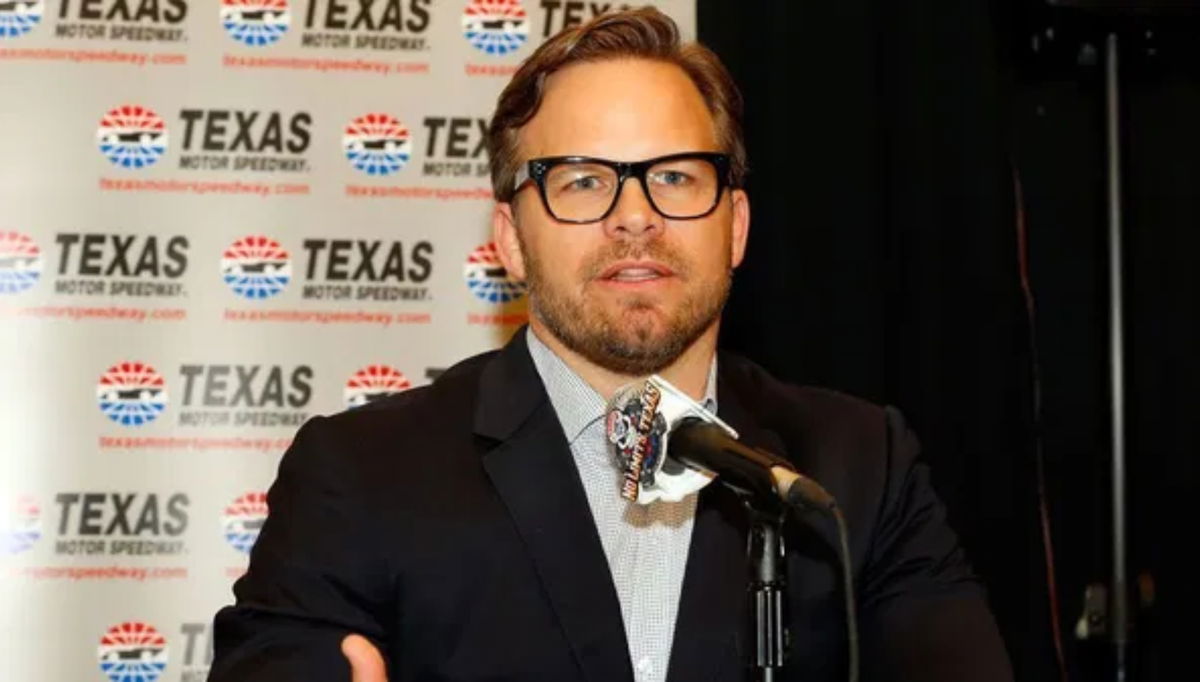

Marcus Smith stands today as one of the most influential executives in modern motorsports. As the CEO of Speedway Motorsports, he oversees some of NASCAR’s most iconic speedway tracks, like the ones at Charlotte, Bristol, and Las Vegas. Under his leadership, the company has pushed forward with initiatives like fan-centric renovations. But for someone now seen as a visionary steward of his late father, Bruton Smith’s empire, Smith was once a confused freshman in college. It was not until he uncovered a deeper truth about the sport and its people that his trajectory towards the pinnacle of NASCAR truly began.
Watch What’s Trending Now!
Long before Smith sat at the helm of a billion-dollar motorsports enterprise, he was a young man navigating a maze of possibilities. Whether it was choosing between medicine and ministry, or even considering becoming a doctor, Smith considered several career paths, each pulling at different aspects of his personality and upbringing. Struggling with calculus and chemistry, he approached his father, Bruton Smith, and with his approval, he got to experience several jobs at the speedway — from ticketing to PR, events to sales. Today, in hindsight, the CEO acknowledges that he would not be able to carry forward his father’s legacy if not for one simple yet profound insight that changed everything for him.
ADVERTISEMENT
The secret that changed Marcus Smith’s life
While talking to Kevin Harvick on his Happy Hour podcast, Smith revealed how, during his younger days working in corporate sales, he met Franklin Graham, son of the renowned evangelist Billy Graham, a close friend of Smith’s father. Smith, whose own middle name is Graham after him, had always wanted to meet Billy Graham’s son Franklin. When they finally spoke, Franklin asked him a question that hit him deeper than any corporate mentorship or career counseling could.
“What do you want to do with your life?” was the question asked to a 22-year-old youngster. Smith answered, “I thought about medicine, I thought about ministry…” And then he continued, “…maybe work here in the family business.” In response, Franklin offered a perspective that struck a chord. “What a great opportunity it would be to work at this racetrack. What a great thing, the impact you can have on people’s lives.” Brief but deeply meaningful, this realization planted the seed of purpose in Smith. A realization that would blossom into his long-term commitment to motorsports.
Smith then understood the secret behind the purpose of racing, which wasn’t a business strategy or a boardroom maneuver. It was about facilitating positive memories for the people. “We’re not just selling tickets,” Smith said. “We’re providing this amazing place in life where we can all build memories and have stories and build friendships and families.” That realization, which emerged during his early days in the ticketing and corporate departments, became his guiding principle. Every grandstand seat, every fan’s campsite, every roar of the crowd. As he toured the departments and watched the passion of longtime ticket-holders, the picture became clear. These were not merely customers; they were stakeholders in a living, breathing tradition.
ADVERTISEMENT
ADVERTISEMENT
The secret Marcus Smith uncovered all those years ago sparked a fire within him that still burns bright today. This deeper understanding of the sport’s emotional power continues to drive his work as CEO. Most recently, Smith reaffirmed this passion by revealing his ambitious plans for the future of his Speedway Motorsports venues.
Top Stories
Carl Edwards’ Iconic Car Set to Return at Daytona 500 with Brad Keselowski’s RFK

Hailie Deegan Teases Major Career-Turning Announcement After Securing Full-Time Racing Deal

Tony Stewart’s Long-Awaited NASCAR Return Backfires as Daytona Entry Draws Harsh Reality Check
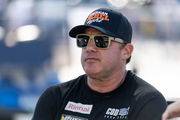
Fans Forced To Recall Phoenix Drama as Daniel Suarez and Michael McDowell’s Friendly Scuffle Reopens Old Wounds
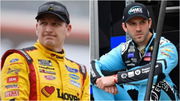
America’s Favorite Daredevil Set to Challenge Tony Stewart at NASCAR’s Daytona Race
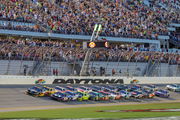
ADVERTISEMENT
Smith has a dome-sized dream to honor his father’s vision
In the corridors of NASCAR, the Smith name carries legendary weight. For Marcus Smith, it’s a legacy forged in roaring engines and restless innovation. As a college freshman, Smith first unlocked his enduring passion for racing, a revelation set in the world his father, Bruton Smith, so dynamically shaped. Now, a few pivotal years after Bruton’s passing, Smith channels that zeal into bold plans for the future.
Bruton Smith’s imprint on NASCAR culture was unmistakable, from designing world-class spectator experiences to championing unorthodox race-day inventions. Smith absorbed these lessons early, finding inspiration in the electric atmosphere of Bristol, known as “The Last Great Colosseum.” Today, as Speedway Motorsports’ CEO, he sees it as his duty to carry his father’s spirit of innovation forward.
ADVERTISEMENT
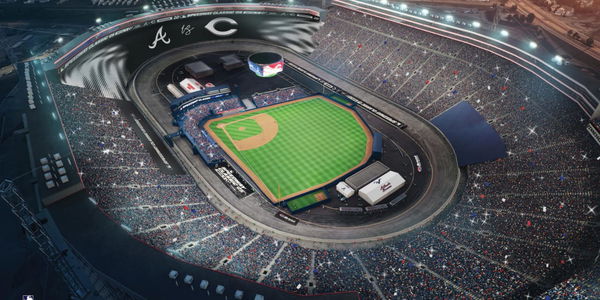
Smith’s most talked-about dream is to construct a roof over Bristol Motor Speedway, a move that would make it the first major domed oval in NASCAR history. On the Kevin Harvick Happy Hour podcast, Smith described this as his “big dream,” saying, “I would love that. And I mean, then the things you could do there… We’ve got a baseball game coming up next month in Bristol. We’ve done a football game, you know, we could do Wrestlemania”. Smith envisions transforming Bristol into a multipurpose super-venue, capable of hosting massive events rain or shine. He’s also floated ideas like installing “the biggest TV in the world over the top of Bristol,”. He touts the venue’s capacity of over 80,000 seats as unparalleled for both racing and other sports.
ADVERTISEMENT
This vision draws a direct line to Bruton Smith’s legacy of daring experimentation, such as staging the Battle at Bristol football game. Smith credits his father’s risk-taking philosophy for this. He says that he’s learned the importance of taking risks and the value in being unafraid to fail when it comes to super-sizing the NASCAR fan experience.
ADVERTISEMENT
ADVERTISEMENT
ADVERTISEMENT
